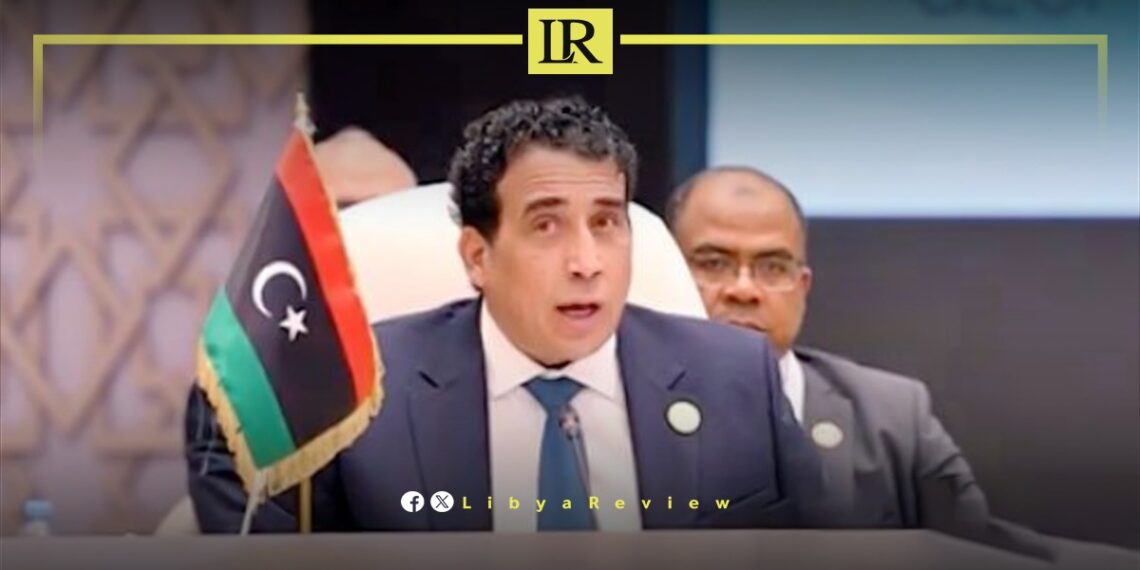On Saturday, Libya embarked on an ambitious journey to significantly enhance its natural gas production capabilities.
During the 7th Summit of the Gas Exporting Countries Forum (GECF), Khalifa Abdelsadek, Libya’s Deputy Minister of Oil and Gas, outlined the nation’s strategic objective to boost its natural gas output from 2,700 million cubic feet per day to an impressive 4,000 million cubic feet per day.
This bold endeavor highlights the nation’s plan to leverage its vast gas reserves. Libya is ranked as the seventh-largest in Africa with an estimated original volume of 88.6 trillion cubic feet and recoverable reserves of around 60 trillion cubic feet spread across both onshore and offshore fields.
Libya’s strategy to boost its gas production is not merely about increasing numbers. It is about tapping into the potential of new gas discoveries and developing existing ones. This not only to meet domestic energy needs but also to play a significant role in the global energy market.
The development of two offshore gas fields, set to commence production of 750 million cubic feet per day by 2026, marks the beginning of this transformative journey. Furthermore, Libya is actively pursuing projects aimed at minimising gas flaring. Thereby making a significant contribution to environmental sustainability by utilizing gas more efficiently, particularly in power generation.
An essential aspect of Libya’s comprehensive plan is the development of its gas transportation infrastructure to accommodate the anticipated increase in production. This includes enhancing the capacity and efficiency of the existing network to ensure the seamless distribution of natural gas across the country and to bolster Libya’s capability to export natural gas. This aligns with the growing global demand for cleaner energy sources.
Libya’s proactive engagement in the GECF and its alignment with the forum’s objectives underscore the nation’s commitment to collaborative efforts in addressing the challenges and opportunities within the natural gas sector. The initiative also resonates with the broader regional commitment to sustainability, as evidenced by the establishment of a gas research institute in Algeria. It highlights the pivotal role of technology and innovation in making natural gas a cleaner and more sustainable energy source.
By increasing production, upgrading infrastructure, and fostering international cooperation, Libya is paving the way towards a more prosperous and energy-secure future. This contributes significantly to the global shift towards more sustainable energy solutions.


